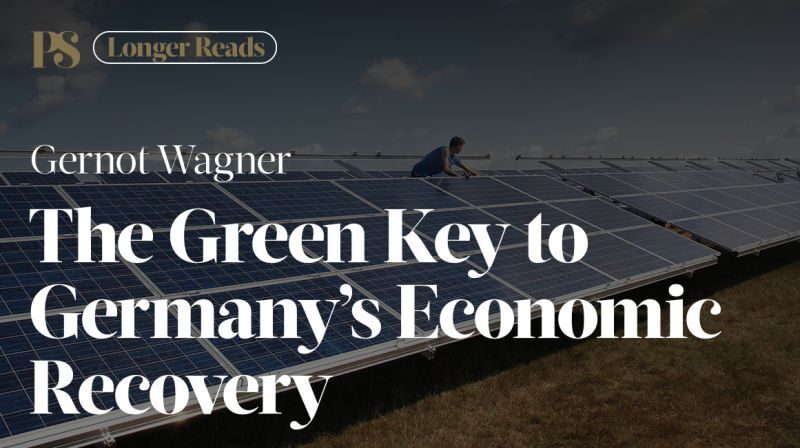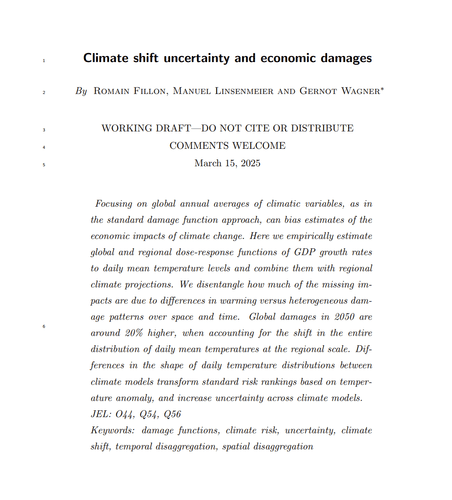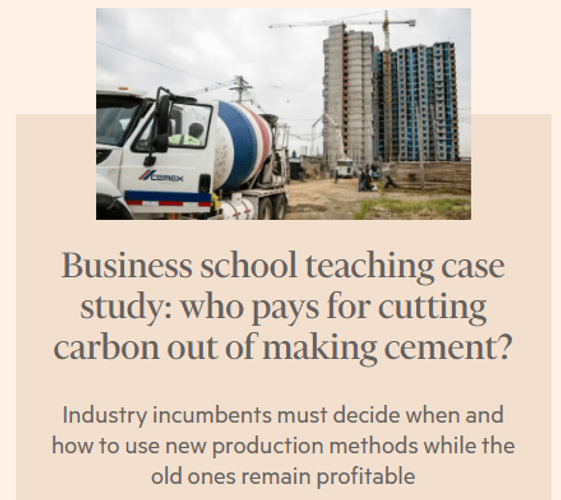Timing is everything
Acting early can change the entire trajectory of a pandemic — or the global climate crisis

Walking the streets of New York these past few days, the most striking sight is the sudden reemergence of long lines everywhere. Not to shop — there are a few of these lines, too, on weekends — but for Covid testing. Masks are back, too. Cornell University, New York University and Princeton University are moving final exams online in a hurry, all in a clear sign that Omicron, the latest Covid-19 variant of concern, has arrived.
Seeing masks and testing lines makes me hopeful that we might fare better during this wave. If there’s one thing we’ve learned these past two years, it is that acting early does not just pull things forward, it can change the entire trajectory.
For climate, something very similar applies. As Stanford economist Larry Goulder has argued forcefully in an important article: “Timing is everything.”
Economists like to balance benefits and costs, as they should. Benefit-cost analysis reigns supreme for good reason. Its limitations are clear, too. For many local infrastructure projects, benefits are all too often overstated, while costs are underestimates, not considering inevitable delays and cost overruns. Economists Bent Flyvbjerg and Dirk Bester analyzed over 2,000 such public works projects in over 100 countries and unearthed systematic bias for everything from roads, bridges, and tunnels to power plants. Their inevitable conclusion: benefit-cost analysis of public investments needs fixing.
For analyzing the benefits and costs of cutting CO₂ emissions, meanwhile, many signs point toward the exact opposite bias. Climate damages — and, thus, the benefits of cutting emissions — have traditionally been underestimated, while the costs of cutting emissions are often overestimates. After all, despite amazing advances in just the past decade, the science of attributing extreme weather events to climate change always lags behind the actual event. And few predicted the further precipitous declines in solar photovoltaic costs only a decade ago. Both bias the world away from climate action.
That insight, though, still misses the all-important impact of timing.
Continue reading at Bloomberg Green.


